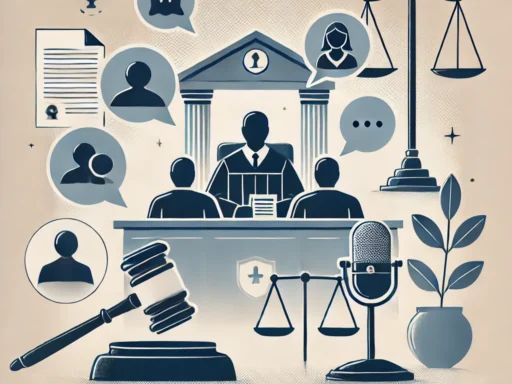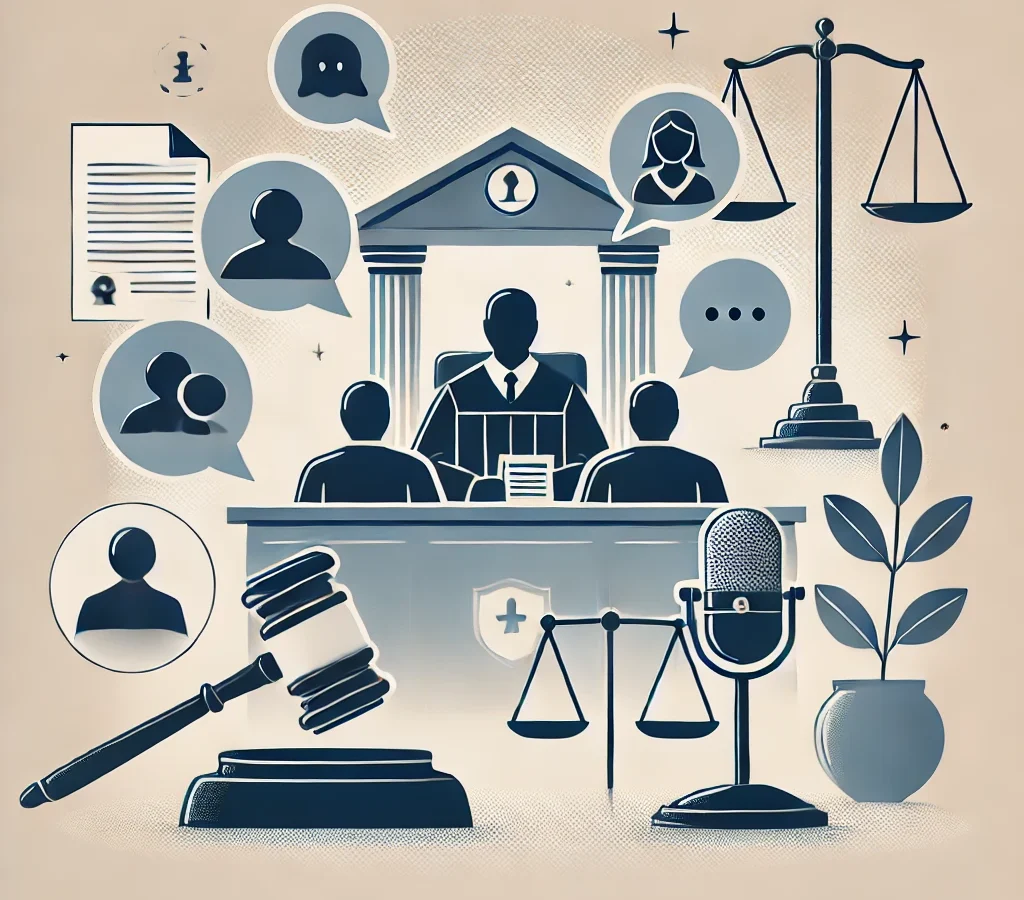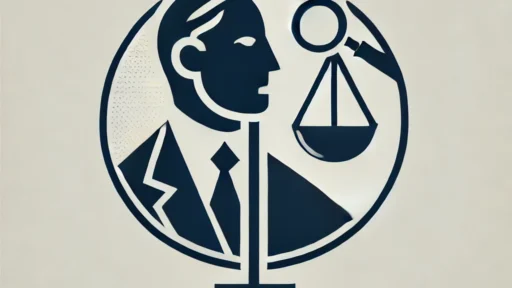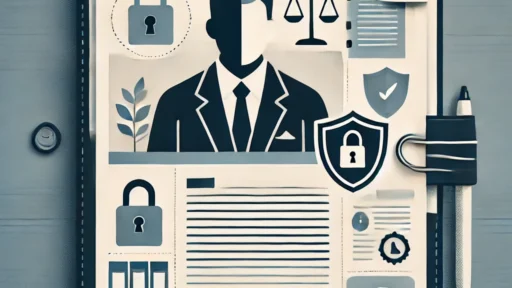In the intricate world of legal proceedings, uncovering the truth often hinges on the meticulous gathering of evidence. Depositions play a pivotal role in this process, serving as a powerful tool for attorneys to collect critical information and unveil the facts. By allowing parties to question witnesses under oath before a trial, depositions help build a comprehensive case and clarify the nuances of complex situations.
Depositions aren’t just about asking questions; they’re strategic opportunities to assess the credibility of witnesses and pinpoint inconsistencies in their testimonies. This pre-trial discovery phase can make or break a case, providing attorneys with the insights needed to formulate compelling arguments and anticipate opposing counsel’s strategies.
Understanding how depositions function and their impact on legal outcomes is essential for anyone navigating the legal landscape.
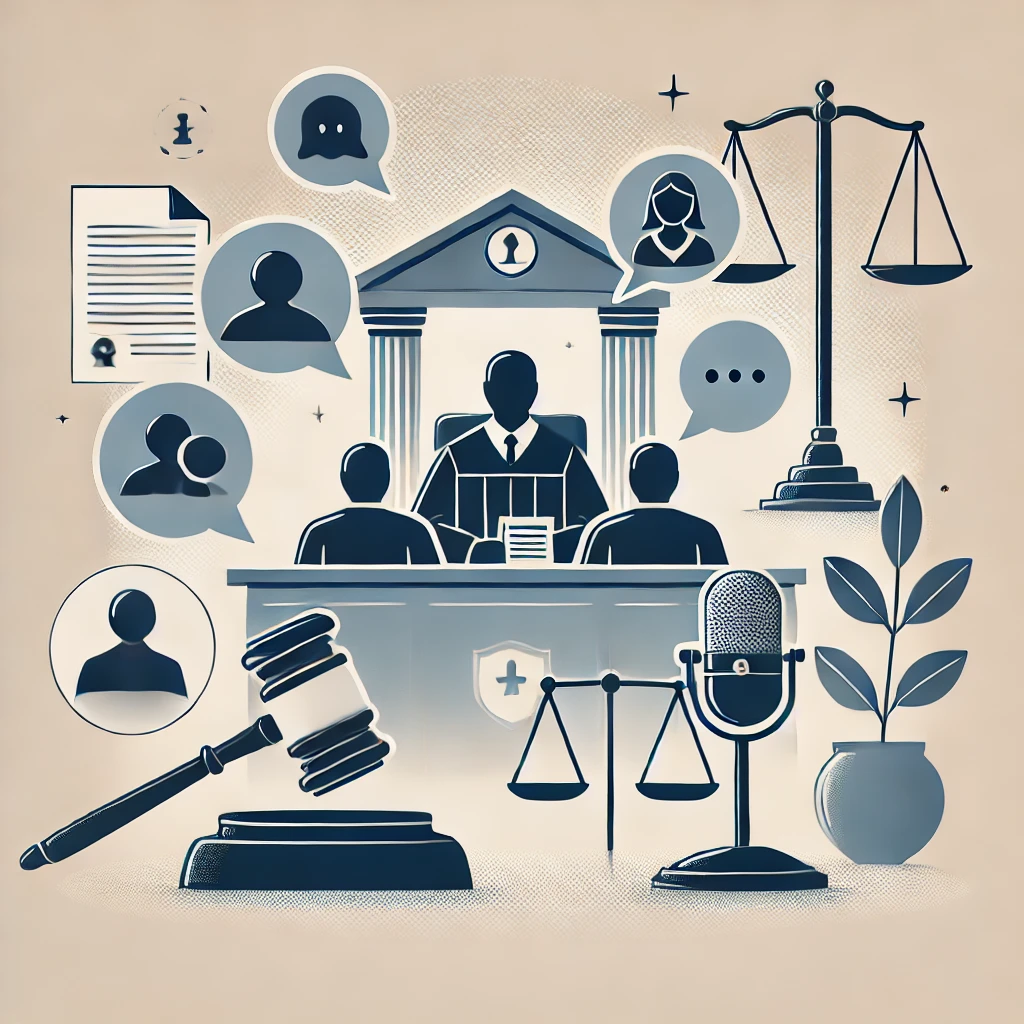
Understanding Depositions
A deposition, a sworn out-of-court testimony, serves as a pre-trial discovery tool. Attorneys use depositions to gather witness testimony under oath. Attorneys question witnesses, termed deponents, to obtain detailed insights. Responses are recorded for later use in court.
Purpose of Depositions
Depositions aim to uncover critical evidence. Attorneys identify inconsistencies, verify facts, and assess the credibility of witnesses. This process aids in formulating legal strategies. By examining witness statements, attorneys can anticipate and counter opposing arguments.
Conducting Depositions
During depositions, attorneys ask both direct and probing questions. They focus on obtaining clear, precise answers. This meticulous approach ensures comprehensive evidence collection. Court reporters transcribe responses, creating an official record. These transcripts are pivotal in legal proceedings.
Rights and Obligations of Different Participants in Evidence Collection
Deponents have specific rights and obligations in evidence collection. They must answer questions truthfully, but they can object to improper questions. An attorney is usually present to protect the deponent’s interests. Understanding these rights ensures a fair and transparent deposition process.
Impact of Deposition Testimony
Deposition testimony significantly impacts legal outcomes. It can corroborate evidence, contradict statements, or identify new information. Attorneys utilize deposition testimony to strengthen their case or challenge the opposition’s claims. Accurate deposition testimony is essential for justice.
Preparation for Depositions
Preparing for depositions involves strategizing and reviewing relevant documents. Attorneys brief witnesses on potential questions. Effective preparation enhances the quality of testimony, ensuring it is consistent and reliable. Proper preparation contributes to a more effective deposition process.
The Role of Depositions in Legal Proceedings
Depositions play a vital role in legal proceedings by enabling attorneys to gather and preserve critical evidence before a trial. Through this process, attorneys can assess the strengths and weaknesses of a case.
Gathering Testimonies
Depositions provide a structured environment for obtaining testimonies from witnesses. During depositions, attorneys ask witnesses a series of detailed questions related to the case. Witnesses give sworn out-of-court testimonies, which attorneys transcribe for later use.
This method allows attorneys to collect firsthand accounts, identify key details, and uncover inconsistencies in witness statements. These testimonies help attorneys evaluate the credibility of each witness.
Preserving Evidence
Depositions serve as a reliable means of preserving evidence. Transcripts from depositions ensure that witness testimonies are officially recorded and can be referenced throughout the trial. This preservation helps prevent witnesses from altering their statements later on. If a witness is unavailable during the trial, deposition transcripts can be used in their absence.
By preserving these records, attorneys maintain a consistent and factual foundation for their cases. Depositions also allow attorneys to review and analyze testimonies, enabling them to form robust legal strategies.
Preparation for a Deposition
Thorough preparation is essential for a successful deposition. Attorneys meticulously prepare to ensure they gather all necessary evidence and information.
Pre-Deposition Research
Attorneys conduct extensive research before a deposition. They review all relevant documents, such as pleadings, discovery responses, and prior testimonies. This research helps them understand the case’s context, identify key facts, and anticipate potential defenses or objections.
Reviewing the background of the witness, including their previous statements or known affiliations, is also crucial. This step ensures attorneys are well-armed with information, allowing them to ask targeted questions and identify inconsistencies.
Crafting Effective Questions
Effective questions are vital in depositions. Attorneys create questions to elicit detailed, precise responses. Questions should cover the critical aspects of the case while also probing for additional, perhaps undisclosed information.
Open-ended questions, such as “Can you describe what happened on the day in question?” encourage detailed narratives, while specific questions minimize ambiguity. Crafting these questions requires a strategic understanding of the case, the witness’s role, and the desired outcomes of the deposition.
Conducting a Deposition
Conducting a deposition follows a structured process crucial for gathering reliable evidence. Proper planning and effective techniques ensure the session yields valuable insights.
On the Day of the Deposition
Preparation is key on the day of the deposition. Attorneys arrive with all necessary documents, including exhibits and previously compiled questions. They ensure that recording equipment functions properly to capture every detail. The deposition begins with swearing in the witness under oath, reinforcing the legal obligation to provide truthful answers.
Attorneys start with standard background questions to establish a baseline, focusing on the witness’s relationship to the case. They then proceed to specific questions designed to extract pertinent details, using a logical sequence to maintain clarity. It’s vital to remain composed and professional, as the demeanor can influence the witness’s responses.
Techniques for Effective Depositions
Effective deposition techniques involve strategic questioning and active listening. Attorneys often use open-ended questions to encourage detailed responses. For example, instead of asking, “Did you see the accident?” they might ask, “Can you describe what you saw during the incident?” This approach prompts more comprehensive answers.
Listening actively is equally important, as it allows attorneys to follow up on key points and clarify ambiguities. They might use probing questions to resolve inconsistencies, such as “You mentioned seeing the car’s color clearly. Can you specify the time of day?” Pausing after critical answers gives witnesses time to elaborate, potentially uncovering more evidence.
Maintaining a clear and concise record is crucial, so attorneys avoid leading questions that could skew responses. Instead, they prioritize neutrality to ensure the witness’s testimony remains untainted. Effective depositions rely on a balance of meticulous preparation, tactical questioning, and professional conduct.
Analyzing Deposition Testimonies
Analyzing deposition testimonies plays a crucial role in extracting valuable evidence from witnesses. It helps legal professionals identify key facts and spot inconsistencies, which are vital for building a solid case.
Identifying Key Facts
Pinpointing essential facts starts with a thorough review of the deposition transcript. Legal professionals look for specific details that support their case theories. These details can include dates, events, witness observations, and documented interactions.
For instance, a witness may provide a chronological account of events leading to a dispute. Capturing these facts helps construct a timeline and connect actions to legal arguments.
Spotting Inconsistencies
Detecting inconsistencies involves comparing deposition testimonies with other evidence. Attorneys cross-reference testimony statements with documents, previous depositions, and witness statements. Inconsistencies, such as conflicting timelines or contradictory observations, can undermine a witness’s credibility.
If a witness’s account of an event changes when compared to earlier statements, it indicates possible unreliability. Highlighting these discrepancies strengthens the attorney’s position by challenging the opposing party’s reliability.
The Impact of Depositions on Case Outcomes
Depositions significantly influence the trajectory of legal cases. They help shape strategies, clarify facts, and impact courtroom decisions.
Strengthening a Case
Depositions consolidate a case’s foundation. Legal teams gather firsthand accounts from witnesses, obtaining direct and detailed testimony. These depositions establish a narrative around key incidents through specific questions.
For example, attorneys might ask witnesses to describe a scene or event, ensuring the account is clear and detailed. This firsthand evidence can be pivotal in confirming facts, identifying critical events, and highlighting discrepancies in testimonies.
Potential Pitfalls when Using Deposition for Evidence Collection
Poorly conducted depositions jeopardize a case’s strength. Unpreparedness leads to missed opportunities, as critical questions might remain unasked or unclear. If attorneys or witnesses lack preparation, the deposition’s value diminishes, affecting the case negatively.
Additionally, inconsistencies within a deposition could be exploited during cross-examination, damaging witness credibility. For instance, contradictions between a deposition and trial testimony can undermine the deposition’s reliability, weakening the overall case.
By focusing on these critical facets, depositions serve as a robust tool in legal proceedings, significantly influencing the strength and direction of a case.
Ensure Your Evidence is Rock Solid with BlueNotary
Depositions play a pivotal role in legal proceedings by collecting critical evidence and shaping case strategies. Their structured format ensures the preservation of testimonies, which are essential for building a strong case. Proper planning and execution of depositions can clarify facts and influence courtroom decisions, while poor preparation can lead to missed opportunities and weakened credibility..
Elevate your evidence collection process with the precision and reliability of BlueNotary’s online notarization services. Our platform ensures that every document and testimony is securely notarized, providing a robust foundation for your legal success. With BlueNotary, you can focus on unveiling the facts without worrying about the authenticity of your evidence.
Secure your case’s critical evidence today. Visit BlueNotary to learn how our innovative solutions can streamline your deposition process and fortify your legal strategy. Trust BlueNotary to help you collect and authenticate crucial evidence with ease and confidence!
Frequently Asked Questions About The Role of Deposition in Evidence Collection
Q1. What is the role of depositions in evidence collection?
Depositions gather sworn testimonies from witnesses, providing valuable information that can be used to build a strong case. This process helps attorneys collect critical evidence and understand the facts of the case.
Q2. How does a deposition differ from other forms of evidence collection?
Unlike written statements or affidavits, depositions involve live questioning under oath, allowing attorneys to probe deeper into the facts and observe non-verbal cues, making the evidence more comprehensive and reliable.
Q3. What types of evidence can be collected during a deposition?
During a deposition, attorneys can collect verbal testimony, documents, photographs, and other relevant materials that the witness may bring or reference. This helps create a detailed record of the evidence.
Q4. How should one prepare for a deposition to ensure effective evidence collection?
Preparation involves reviewing relevant documents, understanding the case details, and practicing potential questions and answers. It is also important to be honest and concise in your responses.
Q5. Can deposition evidence be used in court?
Yes, deposition evidence can be used in court to support a case. It can be presented to impeach a witness, refresh their memory, or as substantive evidence if the witness is unavailable to testify in person.



